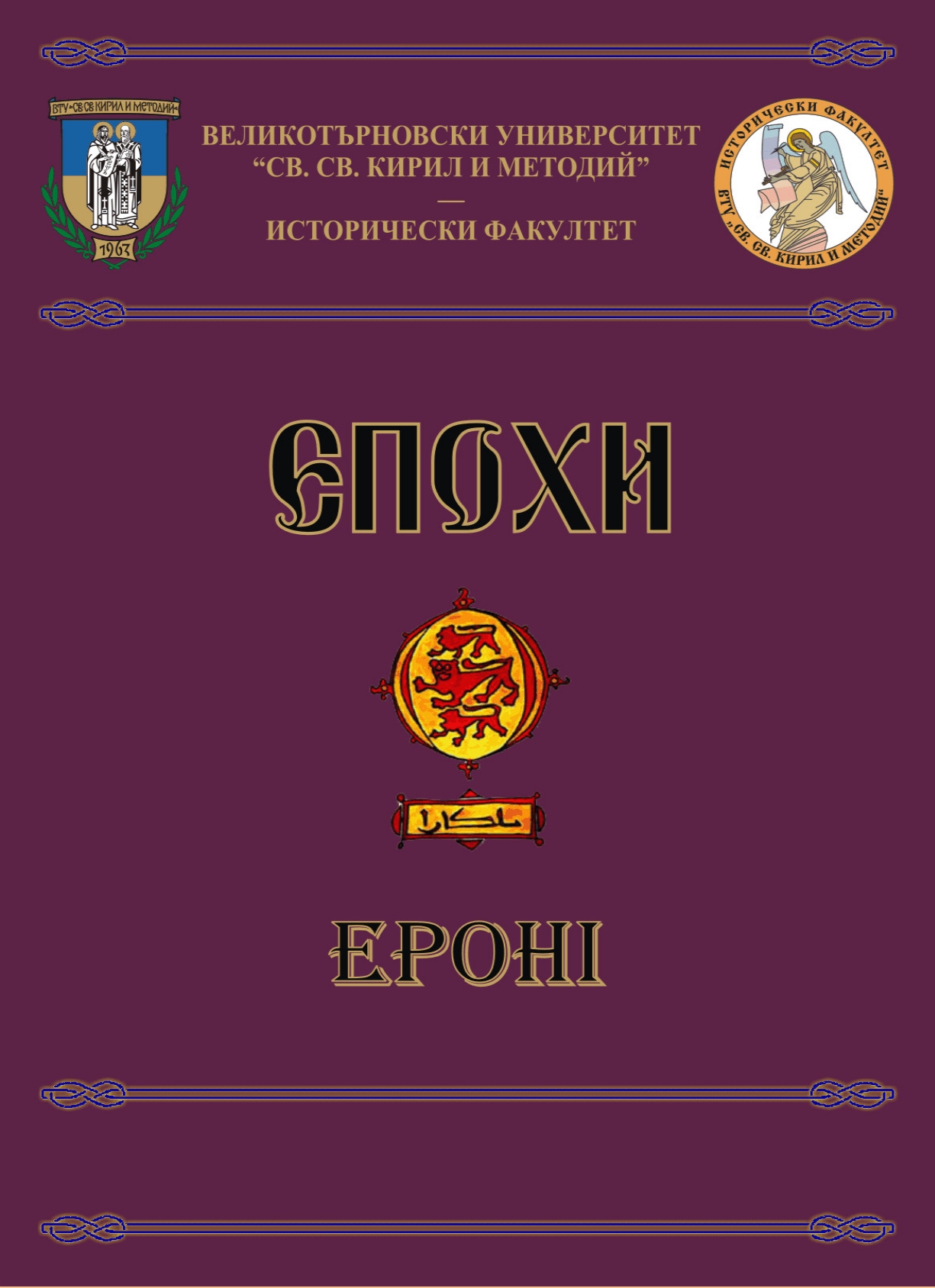
We kindly inform you that, as long as the subject affiliation of our 300.000+ articles is in progress, you might get unsufficient or no results on your third level or second level search. In this case, please broaden your search criteria.

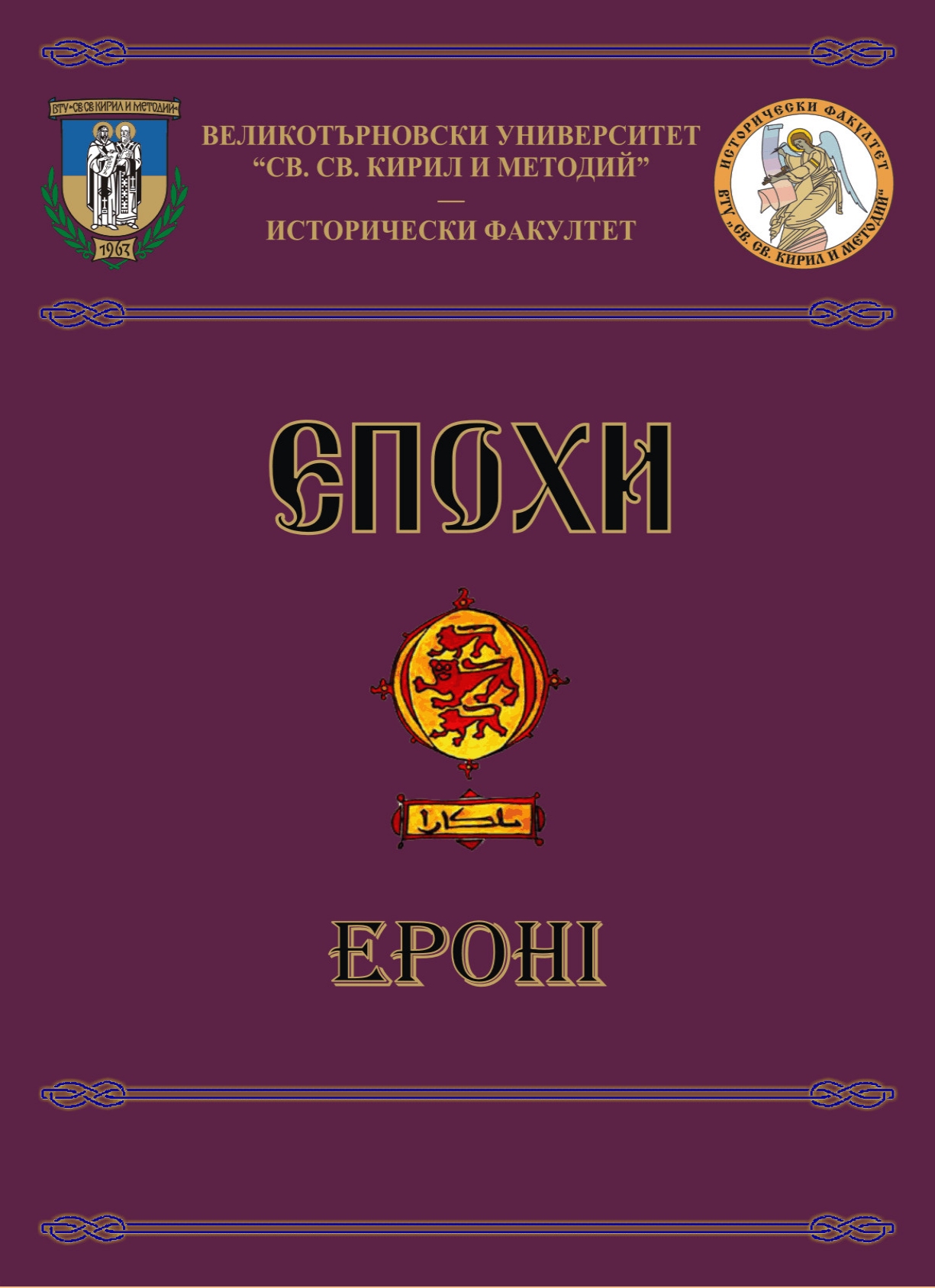
The article is devoted to the fate of the orthodox church in Poland in the period when the country was under foreign occupation. There are presented the changes that took place in the life of the church and the policy of occupation authority towards clergy and the faithful. The church organisation in war curcumstances is showed. The author also discusses the acticity of Polish government in exile in the defence of Polish orthodox church.
More...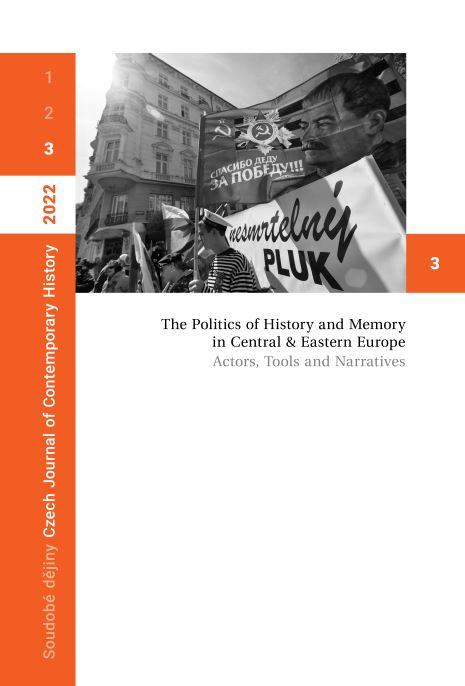
Theoretically grounded in memory studies, this article reconstructs how the official Soviet-Russian myth of the Great Patriotic War has been politically instrumentalized and abused to promote and legitimize the Kremlin’s power intentions. It examines the forms, mechanisms and actors of this systematically applied politics of history and memory. First in the context of the Soviet intervention in Czechoslovakia in August 1968 and the justification of the subsequent Soviet Army’s stay in the country, then in the context of the propaganda activities of (pro-)Russian activists in the Czech Republic and the current Russian aggression against Ukraine. By the myth of the Great Patriotic War, the author understands the purposefully created, maintained and idealized image of the victorious campaign of the Red Army between 1941 and 1945, the selfless and unprecedented Soviet heroism that saved European nations from German fascism. This sacralized narrative, which suppresses other historical narratives, is monopolized in contemporary Russian state policy as an important tool to shape the historical memory of Russian society and to unite it against new and presumably hostile threats. The author demonstrates the strategy in which during the normalization of the 1970s and 1980s the soldiers of the Soviet Army, who allegedly provided “fraternal assistance” in the suppression of the counter-revolution in Czechoslovakia in August 1968, were presented as the successors and “sons” of the heroic liberators of 1945 and shows how they themselves used and participated in this cult in their “comradeship” with Czech society. After the collapse of the communist regime, this official narrative lost its weight, but the “Russian world” (russkii mir) as a conglomerate of ideas linking segments of Russian culture, Orthodoxy, nationalism and shared historical memory has penetrated the Czech Republic, serving as a “marketing brand” to spread Russia’s geopolitical influence during Putin’s rule. Through the Russian-language press, web platforms and social media, the author maps the actors and forms of the “Russian world” in the Czech Republic, whose background consists of part of the local Russian minority and local pro-Russian associations or initiatives. She pays particular attention to the nationalist motorcycle club Night Wolves (Nochnye volki) and the originally civic, but gradually becoming a state movement Immortal Regiment (Bessmertnyi polk), which revive and promote the myth of the Great Patriotic War in line with the Kremlin’s intentions and which establish their branches beyond the borders of Russia, including the Czech Republic.
More...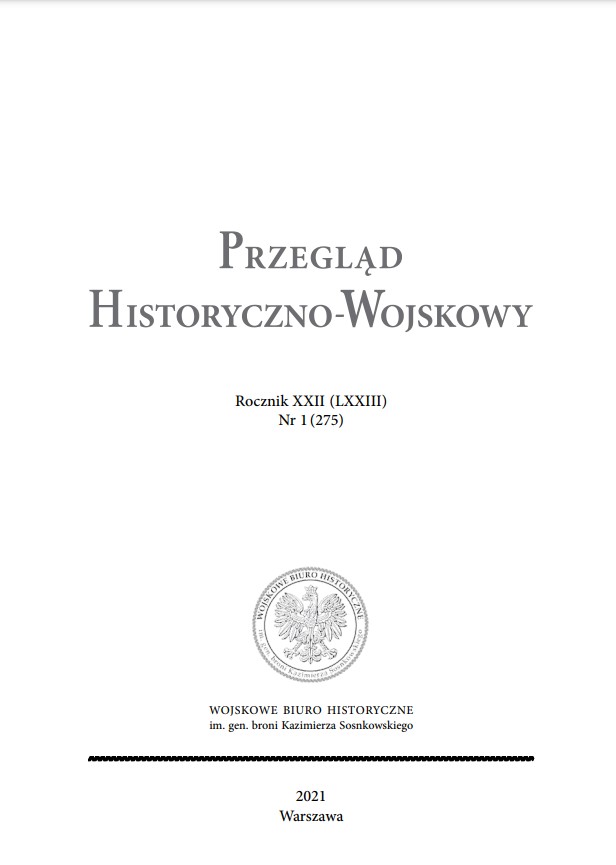
Bartłomiej Szyprowski took part in the polemic around the monograph: Oscar Szerkus, Die Sondergerichtsbarkeit des Polnischen Untergrundstaates (Berlin: Duncker & Humblot, 2019.)
More...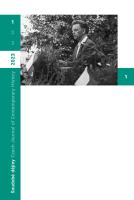
BÁRTA, Milan (ed.): Člověk v soukolí StB. Praha,Ústav pro studium totalitních režimů 2020, 318 s., ISBN 978-80-88292-72-2; BRASÓ, Broggi Carles: Los médicos errantes: De las Brigadas Internacionales y la revolución china a la guerra fría. Barcelona, Editorial Crítica 2022, 419 s., ISBN 978-84-9199-375-9; TEIGE, Karel: Deníky 1912–1925. Eds. Jan Wiendl a Tereza Sudzinová. Praha, Filip Tomáš – Akropolis – Filozofická fakulta Univerzity Karlovy – Památník národního písemnictví 2022, 792 s., ISBN 978-80-7470-416-1, 978-80-7671-037-5 a 978-80-87376-84-3; VYHLÍDAL, Milan: Vojenští zpravodajci proti nacistické okupaci: Odbojová skupina Tři konšelé. Praha, Academia 2022, 332 s., ISBN 978-80-200-3274-4; ZUDOVÁ-LEŠKOVÁ, Zlatica a kol.: Židia v Slovenskom národnom povstaní / Židé v Slovenském národním povstání. Banská Bystrica – Praha, Múzeum SNP – Historický ústav AV ČR, v. v. i., 2021, 368 s., ISBN 978-80-89514-97-7 a 978-80-7286-384-6.
More...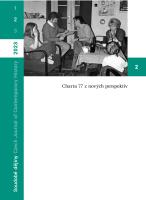
In her monograph "Zpřetrhané životy: Československé ženy v nacistickém koncentračním táboře Ravensbrück v letech 1939–1945" [Broken Lives: Czechoslovak Women in the Nazi Concentration Camp of Ravensbrück, 1939–1945], Pavla Plachá focuses on the fate of women imprisoned in this camp who were citizens of the Czechoslovak Republic before 1 October 1938. This framework allows her to comprehensively and at the same time diversely examine women from diverse ethnic, social, cultural and territorial backgrounds: from the Protectorate of Bohemia and Moravia, from the Czech borderlands occupied by the Germans after the Munich dictatorship, from the wartime Slovak Republic, and from the areas rewarded to Hungary after the First Vienna Arbitration. In the first part, Plachá traces the transformations of memorial culture in relation to Ravensbrück in different periods of post-war Czechoslovakia – which was selectively shaped according to the interests of the communist regime – focusing her research on the then overlooked groups of imprisoned women. In the second part, she presents the history of the Ravensbrück camp and various aspects of the status and camp life of the imprisoned women, not avoiding sensitive topics such as sexualized violence, homosexual relations and prostitution, pregnancy and abortion, and the violence and conflicts in the immediate aftermath of liberation. In the central third part, she categorizes and systematically examines Czechoslovak women in Ravensbrück, separately singling out groups of political convicts, the “anti-social and criminal”, Jews, Roma and Sinti, and Jehovah’s Witnesses. She enriches the collective analysis with dense biographies of selected women prisoners. The reviewer evaluates the monograph asa significant “Czechoslovak” contribution to international research on the history of the Ravensbrück concentration camp, cultures of memory of the Second World War and the Holocaust, as well as gender studies.
More...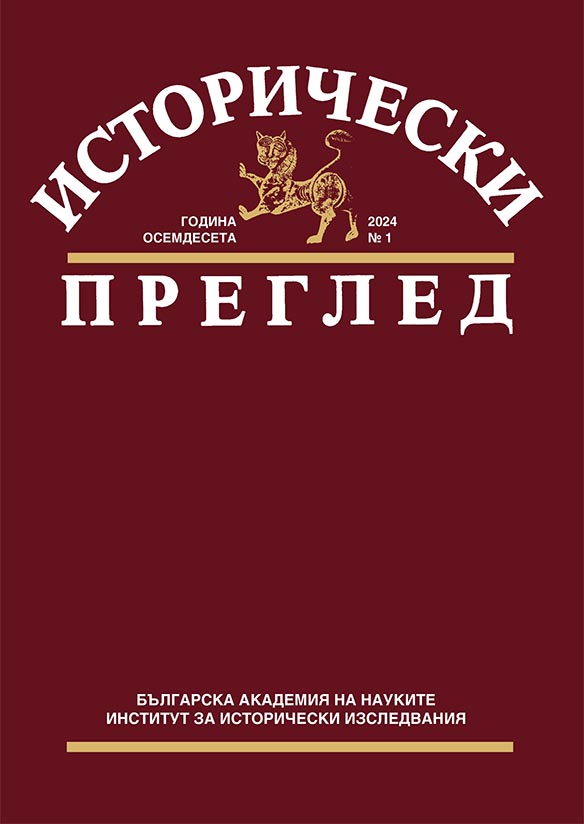
The biography of Tsar Ferdinand I of Bulgaria has been repeatedly examined. Often, the focus is placed on his years as Prince and Tsar of Bulgaria. At the same time, the period after 1918, during which he spent a significant portion of his time in Coburg, the ancestral home of his family from Saxony-Coburg and Gotha, has received little attention in research. The present essay delves into these years of exile and explores the development of Ferdinand from the autumn of 1918 until he died in 1948. It presents the former Tsar of Bulgaria as a “private individual”, describing his everyday life away from grand politics and portraying him as a patron, supporter, and scholar. Finally, the essay discusses Ferdinand’s role during National Socialism, contextualizing it against the backdrop of the development of his Coburg homeland and his relationships with Jewish individuals.
More...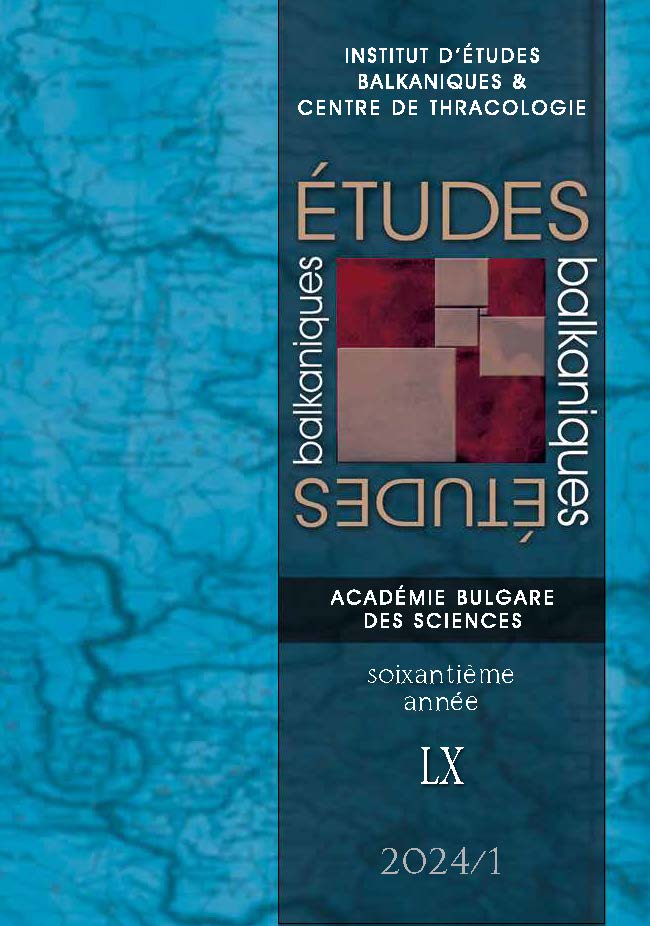
Saul or Shaul Yeroham Mezan is a doctor with specialization in surgery and urology, Doctor of Medicine, officer, public figure, Zionist, anti-fascist, publicist, journalist, poet, historian, and folklorist – researcher of Sephardism, political scientist and current political analyst. He was born in the city of Tatar-Pazardjik (today Pazardjik, Bulgaria) in 1893, and died far from his homeland, as a victim of Nazism, probably around 1943. Nowadays his name is known to a few researchers, as the predominant writings about him and his work are episodic in time and fragmentary in their subject matter. His literary and journalistic works, as well as his socio-political views, remain almost unknown to the general public, including, unfortunately, to the Jewish community in Bulgaria. The objective of the paper is the French-speaking environment in which S. Mezan was formed, and his works in French in various fields of the knowledge, which prevail over the ones in Bulgarian both in quantity and in terms of scientific and social significance. The author also pays special attention to the numerous yet scattered references for the French influence on the language, the way of life and the culture of the Sephardim in Bulgaria in the book by S. Mezan dedicated to them.
More...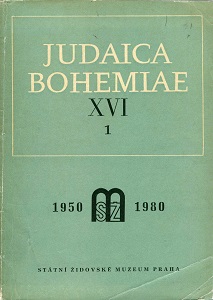
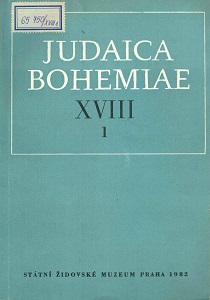
1. Zweigstellen des Konzentrationslagers Gross-Rosen in den Leinenwebereien der Gegend von Trutnov während der Nazi Besetzung 2. The Exhibition “Folk Art in the Collections of the State Jewish Museum“ 3. Das Faksimile des Grabsteines von Avigdor Kara
More...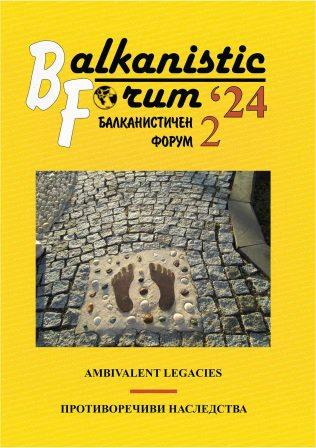
The article analyses how contemporary women’s literature deconstructs the Soviet myth of the Great Patriotic War under the influence of contemporary Russian aggression. This myth defined the narrative of World War II as a heroic sacrifice of the Soviet people. As a result, the diversity of experiences was suppressed and the memory of them was not formed. Since independence, Ukrainian culture has been restoring the gaps in history and memory, which has become especially important in the context of the ongoing war. Women’s literature participates in this process by focusing on women’s experiences, which are usually marginalized in the national-focused narrative. This study aims to identify the contribution of women’s literature to the process of decolonization. The object of the study is such women’s novels as The Museum of Abandoned Secrets by Oksana Zabuzhko (as a precursor to the modern treatment of the topic), Amadoka by Sofia Andruhovych, Because it Hurts by Yevgenia Senik, Eva’s Apples by Khrystyna Kotsira and Faride by Iren Rozdobudko. The study found that women’s literature most often addresses the topics of women combatants, deportations, and the Holocaust. In this way, the authors contribute to the process of returning to national history. At the same time, the study demonstrates the complex interaction of nationality and gender in contemporary women’s literature. As women’s literature also contradicts the traditional nationally oriented discourse, emphasizing female agency and appealing to multinational experience (except Ukrainian, Jewish, and Crimean Tatar). This understanding of the theme of the Second World War by contemporary Ukrainian women’s literature creates a context for the perception of the specifically female experience of the current war and resists attempts at ideological manipulation around women’s roles.
More...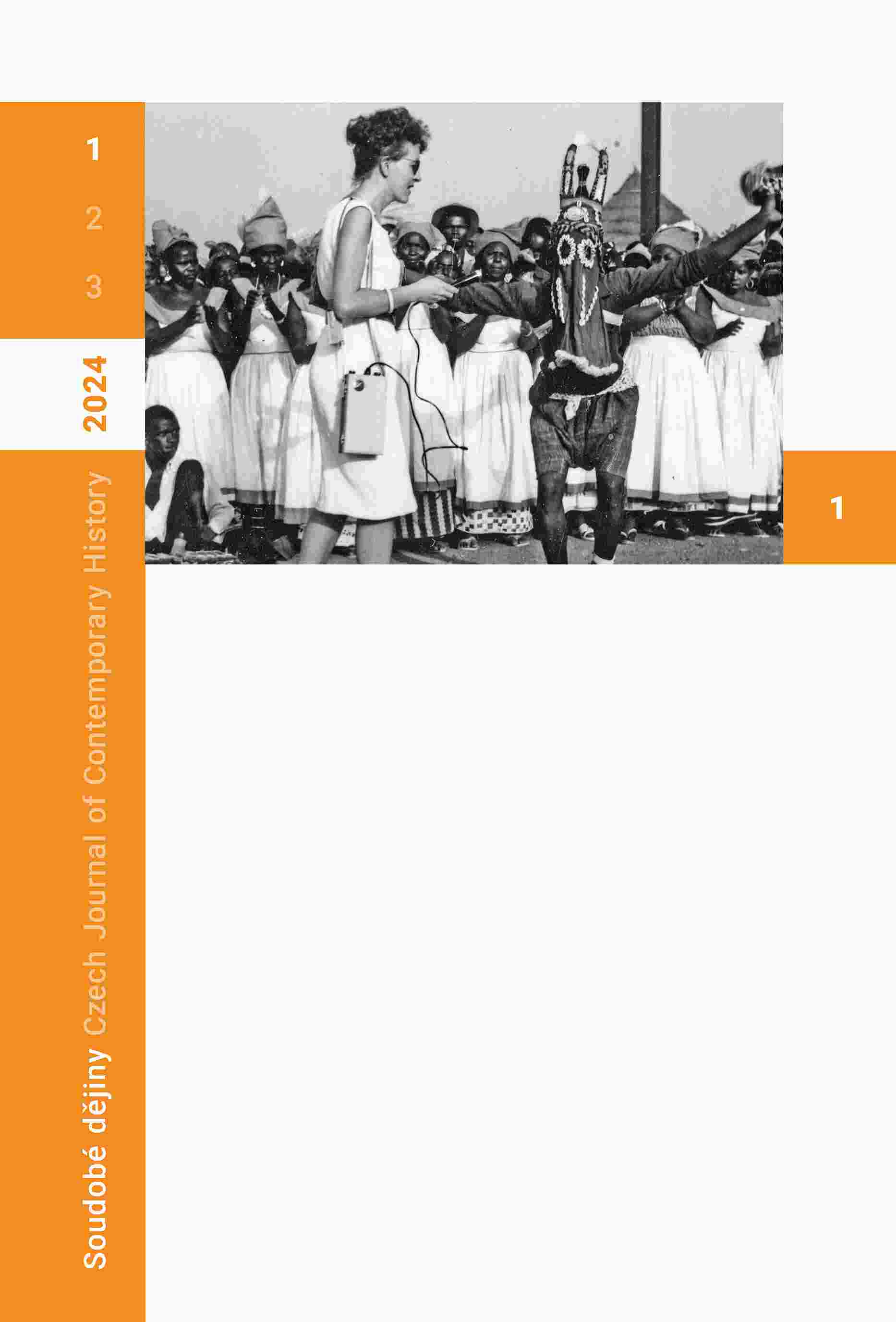
BEZDÍČEK, Viktor: Hledání světla: Portrét skladatele Zdeňka Šestáka. Praha, Nakladatelství Akademie múzických umění v Praze 2022, 552 s., ISBN 978-80-7331-615-0; BRÝDL, Miroslav – BOŠTÍK, Martin: Nezouvat, prosím! Vyprávění emeritního litomyšlského starosty Miroslava Brýdla o jeho životě a moderní architektuře. Litomyšl, Regionální muzeum v Litomyšli 2022, 302 s., ISBN 978-80-88464-02-0; FIDLER, Jiří: To ví přece každý: Zažité interpretace československých dějin. Praha, Fortuna Libri 2022, 272 s., ISBN 978-80-7546-433-0; FRIEDL, Jiří: Domů, a za svobodou: Role Československa v migracích obyvatel Polska v letech 1945–1948. (Edice 1938–1953.) Praha, Academia – Historický ústav AV ČR, v. v. i., 2020, 463 s., ISBN 978-80-200-3110-3 a 978-80-7286-353-2; HRUBÝ, Karel: Věřil jsem v budoucnost. Ed. Petr Zídek. Praha, Torst 2022, 316 stran, ISBN 978-80-7215-692-4; NAYA ORTEGA, Ramón – PRADES ARTIGAS, M. Lourdes: Hablamos diferentes idiomas, pero una misma lengua: Multilingüismo y pedagogías en las Brigadas Internacionales. Cádiz, Universidad de Cádiz 2023, 215 s., ISBN 978-84-9828-861-2.
More...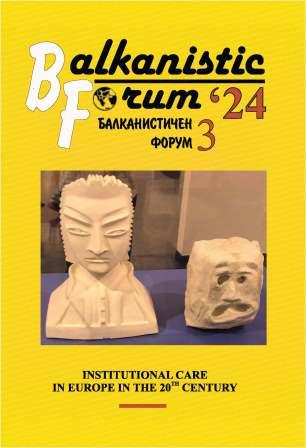
The article traces the intertwined history of psychiatry and youth welfare in Germany, highlighting concerning continuities that persist to the present day. In the late 19th century, psychiatry and youth social work in Germany developed their professional identities in parallel, with psychiatry emerging in adult "lunatic asylums" and youth welfare arising from the practice of "compulsory education" of children and adoles-cents in reformatories. As psychiatry transitioned into a medical discipline, youth welfare was formalized through legislation derived from Article 55 of the 1871 Ger-man Penal Code. Both fields were practised in large institutions of the "total institu-tion" type analysed by Goffman. The discourse around ‘neglected’ children quickly became associated with eugenic-racist, psychiatric and criminological ideologies. The eugenic-psychiatric paradigm dominated even reformist-pedagogical views in the years following World War I, with the new generation of psychiatrists further classify-ing and pathologizing youth. During this period, social work organisations ‒ Chris-tian charities, liberal-humanist, social-democratic ‒ did not oppose the racial-eugenic discourse, but rather paved the way for Nazi population politics. The 1933 law on forced sterilization, enforced in early 1934, was a result of this ideological continuity. Even after 1945, the careers of many psychiatrists, like Werner Villinger, demonstrate the persistence of eugenic thinking in post-war Germany. In summary, there remains a demand for critical reflection on the histories of psychiatry and youth welfare in Germany.
More...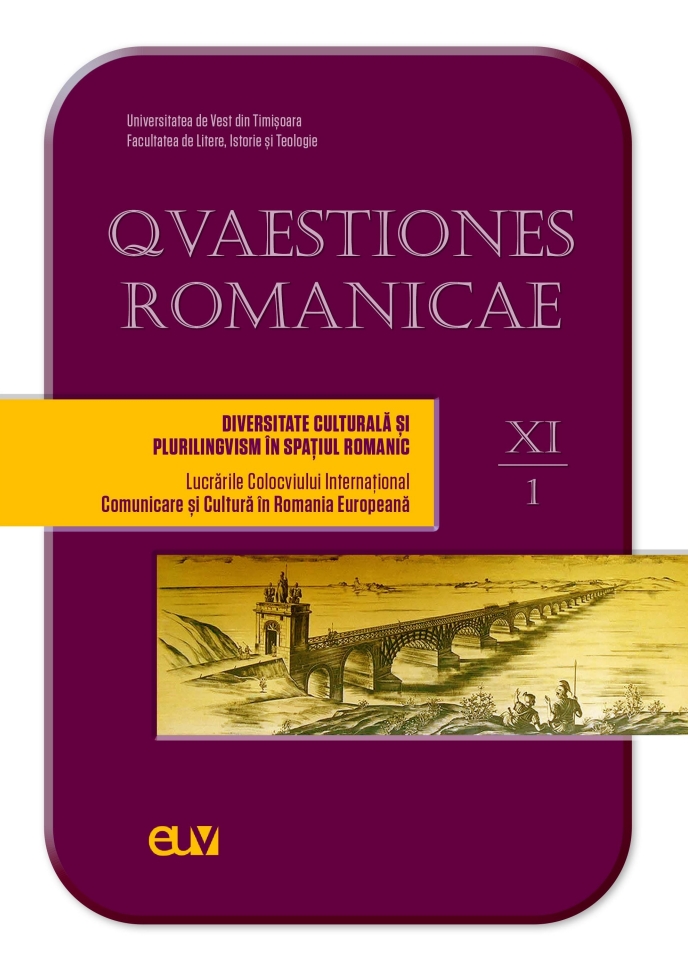
The Holocaust in Romania (i.e. the involvement of Romanian authorities in the crimes against the Jewish population during World War II) was a marginalized and distorted historical event in the Romanian public discourse. Immediately after the end of the war and in the years that followed, some survivors wrote about the sufferings endured, texts of a vivid traumatic memory. Some were published, others remained in manuscript. There were also timid attempts to recover the memory of the Holocaust tragedy through artistic representations (graphic albums, fiction, film), which remained marginal. These texts and representations did not penetrate the public consciousness and Romanian cultural memory, the reasons being mostly ideological. Subsequently, especially after 1990, a good part of these texts were (re)published in an effort of memorial recovery whose project continues today. Also, other artistic representations have been produced which have begun to have an increasingly visible impact on Romanian cultural memory. This work starts from an analysis of the relationship between living memory, ideology and cultural memory (Assmann 2008, 2013) in order to sketch a typological and historical outline of the “literature” and cultural representations of the Holocaust in Romania, during the first years after World War II. I will be interested in the textual and artistic 'typology' of the phenomenon, as it manifests itself between the years 1944 and 1947, the years of the living (communicative) memory of the survivors.
More...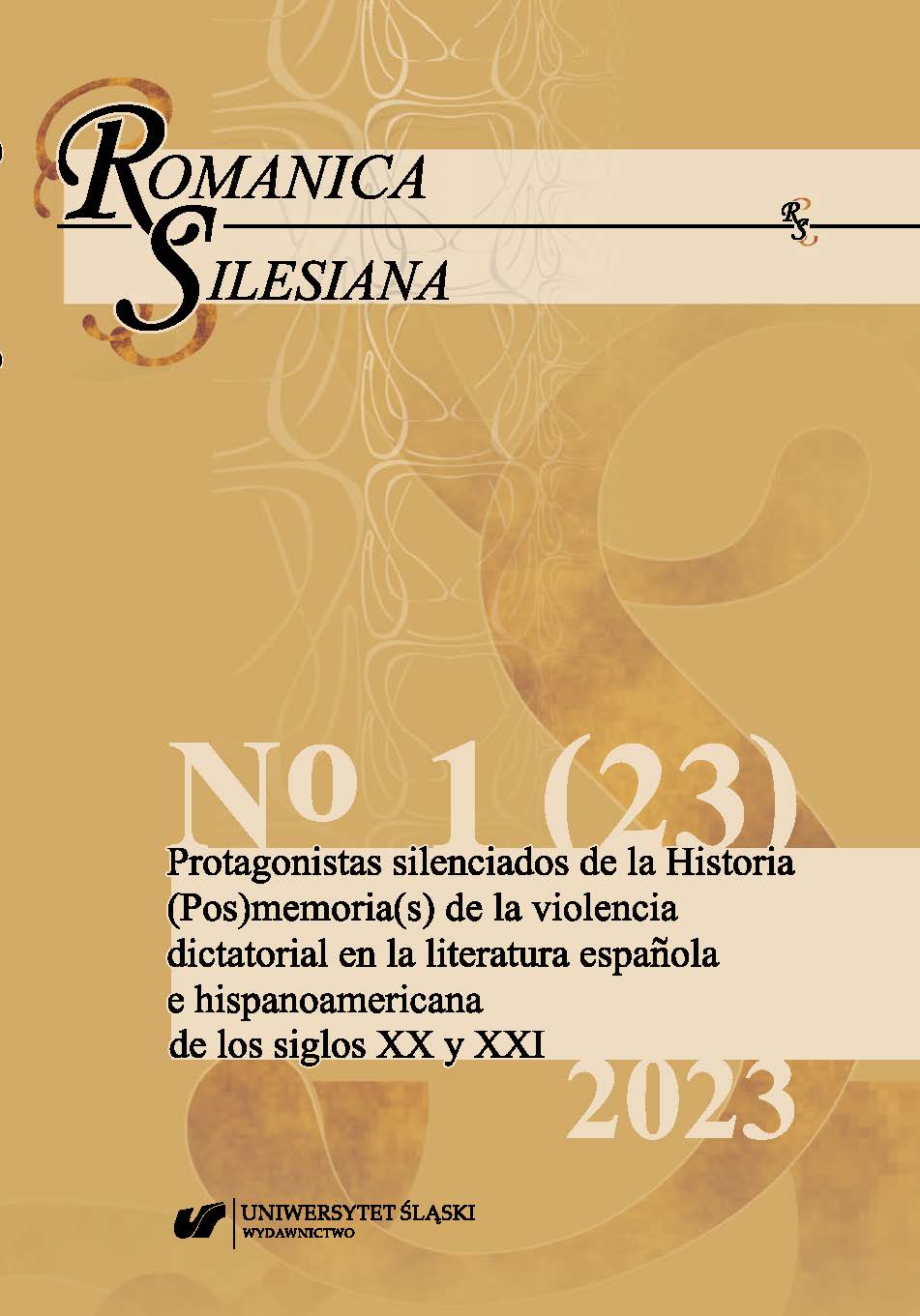
Juana Doña describes her book Desde la noche y la niebla as a novel-testimony, but not an autobiographical one. This story about her life as a militant in the communist ranks, the Spanish Civil War, and her imprisonment mark the narrative evolution that transgresses any taboo imposed by Francisco Franco’s censorship. Doña relies on her memory and her present self-awareness to remember and decide, respectively, which events are related, and which are silenced; how actions are reaffirmed, and which information is omitted; and how the narrative pronoun changes according to her own life or the collective struggle. The book functions as an individual catharsis, both for the author and the readers. I propose to analyze the writing process of this book as a promotion of justice weapon, following Kimberly Nance’s theory about the ethical decisions made by the author of the testimony and inferring a new role for the reader as a timeless agent in social struggle.
More...
Writing about memory involves balancing on the limits of the symbolizable and the unspeakable of trauma – individual and social – putting together puzzles in which some of the pieces do not fit and others have been lost. The aforementioned novels, both within the imaginary of disenchanted impotence in the face of the reconstructive faculty of memory in personalities devastated by state violence, share traits that connect them: both confront the difficulties of a pathological narrative by posing it from a delirious and/or dislocated discursive inquiry in which the authors sustain the literary possibility of anamnesis. The aim of this article is to explore the fragmentary, fetishizing construction of the paradoxes of memory in the aesthetic constitution of both novels as the only possible support in front of the irreparable damage produced by social subjugation. Through stylistic traits, the reconstructive, salvific viability of traumatic memory is renewed, and at the same time put into crisis.
More...
In Entrada libre (1987), Carlos Monsiváis, ruminates about the importance of civil resistance in Mexico after decades of political instability, corruption, and violence. The cruel actions of the ‘dirty war’ left an unstable democratic system and an absent-minded population, which was still trying to understand the violent repression against left-wing groups. Under these conditions, Monsiváis questions the role of civil society in the production of mechanisms of resistance and reconciliation against a large history of abusive treatments and misuses that generated crisis in the country. This essay rethinks the representation of memory and history in the chronicles of Carlos Monsiváis. This project analyzes how the depiction of an the everyday life becomes an alternative method of expression for the a society in resistance, as well as a reevaluation of the meaning behind “historia nacional” and memory as the foundation of the perspective of time in Mexican society.
More...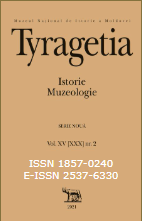
: The scientific communication presents the results of a study of the collection of pistols and revolvers from the National Museum of History of Moldova, numbering about forty specimens of firearms of historical, technical and artistic significance. We propose to pay attention to the historical value of these weapons, presenting their description and evolution from pistols with the wheel lock mechanism to the flint lock and cap lock mechanism or percussion lock system. The article is a continuation of a series of publications on firearms from the previous issues of Tiragetia journal. The Western and Eastern samples of weapons examined here entered the museum collection as a result of donations and purchases, or were transferred from other institutions. The chronological framework of the collection covers the period from the Middle Ages (16th century) to the outbreak of World War II. Designers-gunsmiths are indicated separately or by country, some terminological aspects are specified regarding the etymology of the words “pistol” and “revolver”. The scientifically systematized material presented in the article can be useful for specialists, historians and museologists, and at the same time will be interesting and informative for a wide range of readers.
More...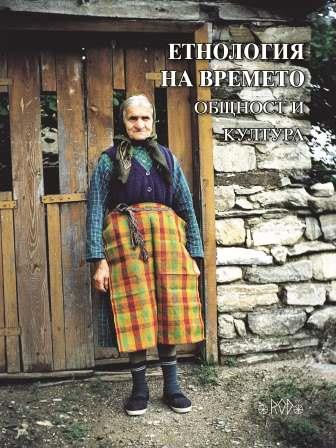
The text examines the camps in Bulgaria during World War II when the country was an ally of Nazi Germany. The main focus is on two of those places – „Gonda Voda“ and „Saint Nikola“ near Asenovgrad. Many communist activists and other oppositionists were interned there. The conditions in those places weren’t as harsh as concentration camps in Nazi Germany or the Soviet Union for example. All those places were closed after 09.09.1944 – the communist coup in Bulgaria. The subject isn’t very well researched in Bulgarian historiography. The study is based not only on archive documents about those places but on writings of historians like Vera Mutafchieva, Angel Krastev and etc. Interviews with people who were in those camps done in 2012 are very important for the text.
More...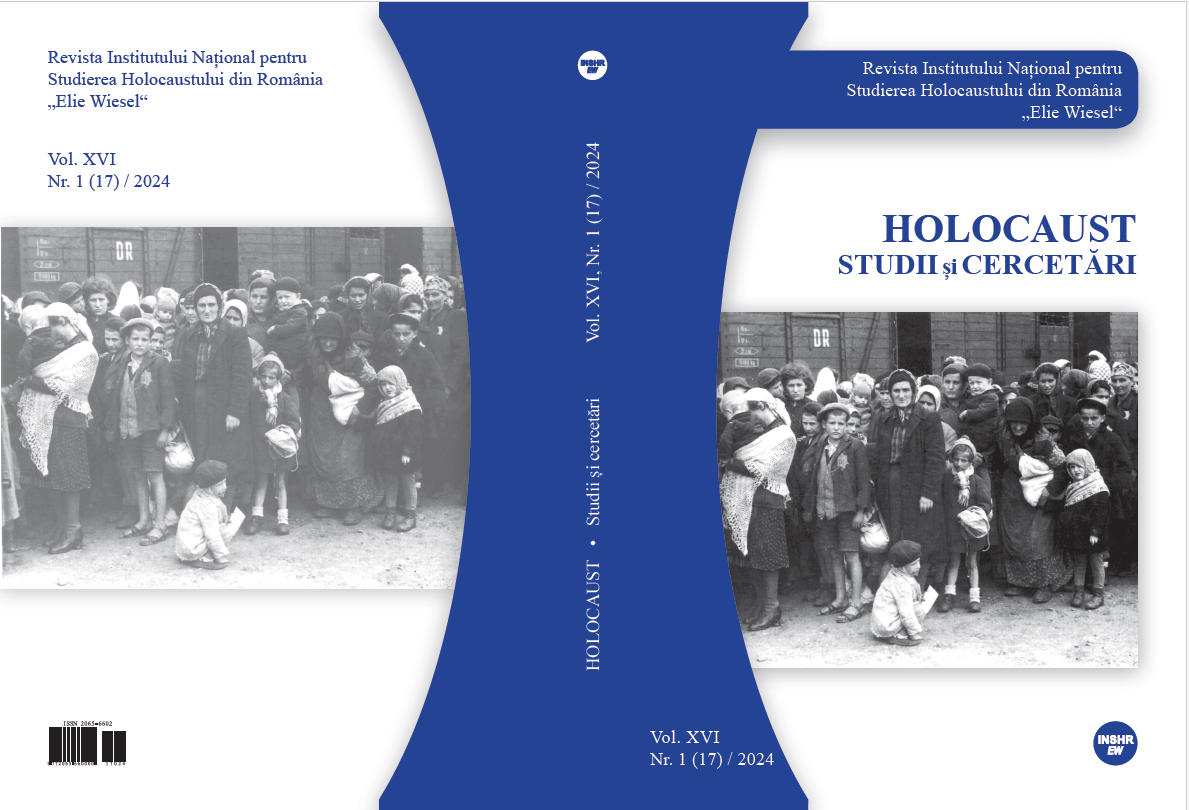
Football subcultures like those of ultras and hooligans are infamous for their proximity and welcoming attitudes towards far-right and right-wing extremist actors and ideologies in Eastern Europe. Romania makes no exception. While not all ultras or hooligans can be categorized as far-right or right-wing extremists, this article takes a close and in-depth look into the political expression, mentalities, and networks of the Romanian football subculture. Through research from the inside of the social-media channels, stadiums, and events set up by the groups analyzed in this paper, the author focuses on three main elements: political expression and opinions of Romanian ultras and hooligans, their networks in Europe, and the threat they pose to the democratic society through violence. The article concludes that taking the developments in the football subculture seriously means to understand the three mentioned elements as a dangerous synthesis that can become a threat, one that is overlooked or generally downplayed by the State authorities.
More...